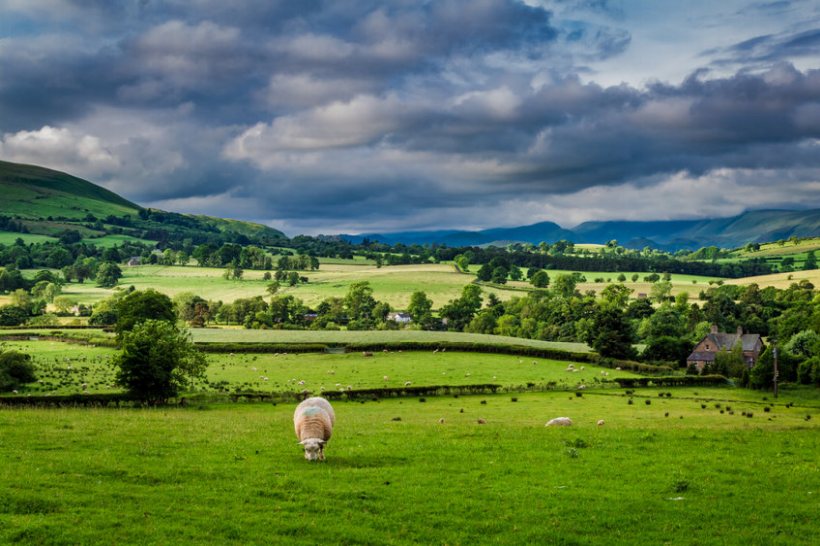
The Farming in Protected Landscapes (FiPL) programme has supported over 100 farming projects in the Lake District, including 1,600 hectares of land for regenerative farming.
In this region, Defra's funding programme so far has also resulted in 6.9 km hedgerow planted and 2.4km maintained, as well as over 12,200 trees planted.
And farmers have helped create over 11km of permissive paths, with over 72 volunteers engaged in the programme.
Such successes nationally have led to the extension of the programme to March 2025, with applications now open for third year grants and multi-year projects.
Lake District National Park Authority’s farming officer, Jasmine Holliday said: “We’re delighted with the success of the Farming in Protected landscapes programme over the first two years.
"In year one we funded 29 projects and a further 71 projects in the second year, so 100 in total so far. These grants have ranged from £1,000 right through to £237,000.
“We have given funding to 225 farmers, many who have come back to FiPL a second time for another project. Including funding groups of farmers working together to achieve common goals through collaborative agreements.
“There’s still £2.25 million available in the Lake District National Park to deliver against Partnership Plan actions, in particular nature recovery, climate action, and sustaining cultural heritage.”
The Farming in Protected Landscapes funding is available to farmers and landowners who are within the Lake District National Park boundary.
Some of the Lake District FiPL successes so far include a project to switch to a rotational grazing, pasture-fed system.at Hall Farm, Rusland.
Using funding, they are reinstating field boundaries, planting new or managing existing hedges and fencing off watercourses. The aim is to increase farm profits and enhance landscape, biodiversity, and soil health.
Farmer Adam Hall said: "We want our farming practice to be part of the solution to those problems.
"We’re blessed in Rusland to have more abundance and diversity of wildlife than in some other parts of the country, but we’d still like to see more, and to connect up fragmented habitats as best we can."
Farming in Protected Landscapes funding has also bought nest monitoring equipment, electric fences, and a study into the conservation of curlews in the Lyth Valley.
The Curlew project is already seeing success with many chicks successfully hatching this year.
